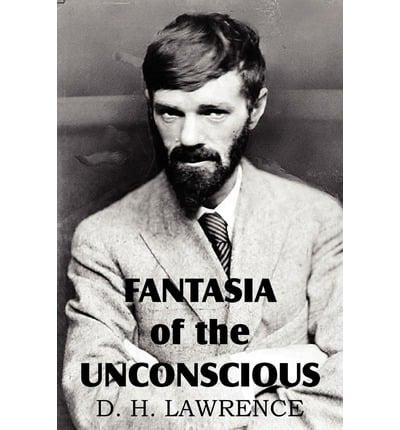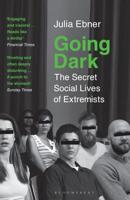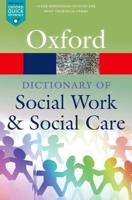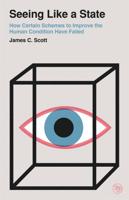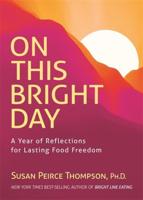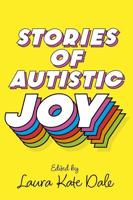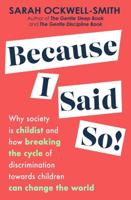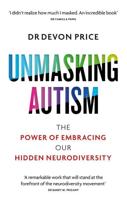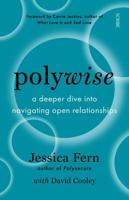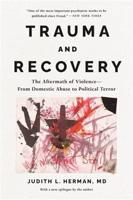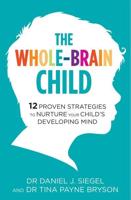Publisher's Synopsis
Written in Lawrence's most productive period, Psychoanalysis and the Unconscious and Fantasia of the Unconscious were undertaken in response to psychoanalytic criticism of Sons and Lovers. They soon developed to propose an alternative to what Lawrence perceived as the Freudian psychoanalytic theory of the unconscious and the incest motive. The essays also develop his ideas about the upbringing and education of children, about marriage, and about social and even political action. Lawrence described them as 'this pseudo-philosophy of mine which was deduced from the novels and poems, not the reverse. The absolute need one has for some sort of satisfactory mental attitude towards oneself and things in general makes one try to abstract some definite conclusions from one's experiences as a writer and as a man'. D. H. Lawrence was an English novelist, poet, playwright, essayist, literary critic and painter whose works represent a reflection upon the dehumanizing effects of modernity and industrialization. In his writings Lawrence confronts issues relating to emotional health and vitality, spontaneity, and instinct often apposing current social acceptance. E. M. Forster, in an obituary notice, described him as "the greatest imaginative novelist of our generation."
